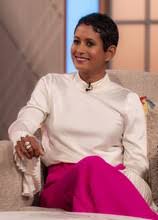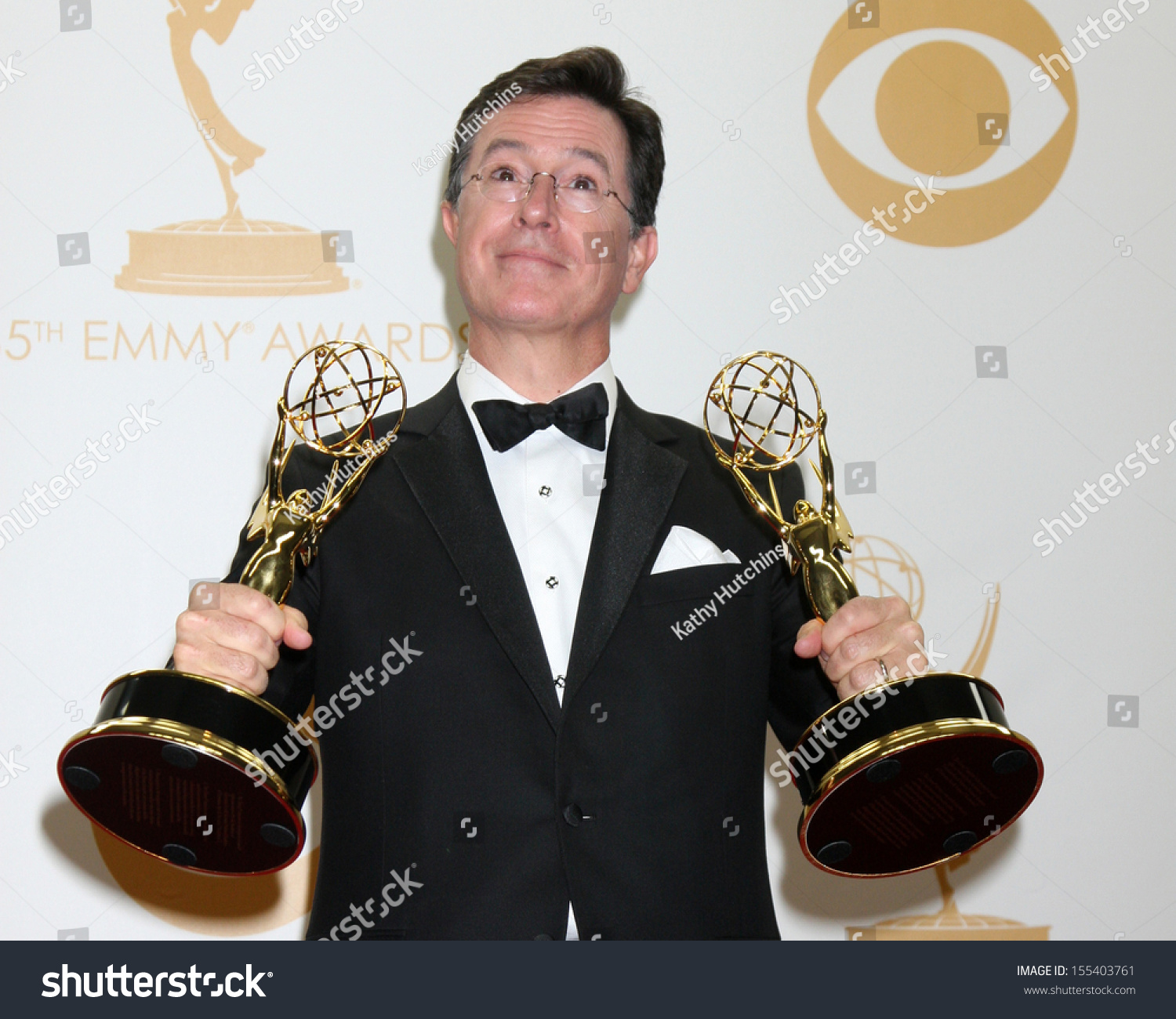
Introduction
Naga Munchetty has become a household name in British broadcasting, celebrated for her engaging presenting style and incisive journalism. Her role as a BBC presenter has not only shaped public conversations but also provided a platform for diverse voices to be heard. As we explore her journey, we illuminate the significance of her contributions to contemporary media and journalism.
Career Highlights
Naga Munchetty first gained attention on BBC News, where she showcased her talents in presenting and reporting. Born in 1975 in Streatham, London, of Indian descent, Munchetty’s early career saw her working with several financial publications, including the Evening Standard and The Observer. However, her breakthrough came when she joined the BBC in 2008, where her unique perspective and engaging reporting style quickly set her apart from her peers.
In 2010, she became a familiar face on BBC Breakfast, spearheading discussions on various current events and significant issues affecting the UK and the world. Her ability to tackle controversial topics with sensitivity has won her praise from viewers and colleagues alike. Furthermore, in 2019, Munchetty notably made headlines when she confronted then-President Donald Trump’s remarks about the four Congresswomen, which led to a discussion on the nature of racism and injustice in the media landscape.
Recent Developments
In recent months, Naga Munchetty has continued her influential role at the BBC, contributing to discussions on topical matters, including the impacts of the COVID-19 pandemic and social equality issues. She has hosted various documentaries that explore cultural themes, enriching public understanding of diversity within the UK.
In early 2023, Munchetty made headlines again when she expressed her views on the representation of ethnic minorities in broadcasting. Her candid thoughts on the need for more inclusive media representation resonate with many, highlighting a significant ongoing conversation within the industry.
Conclusion
Naga Munchetty’s significant contributions to broadcasting reflect an evolving media landscape, marked by a growing emphasis on diversity and representation. Her career illustrates how journalism can be a tool for social change and understanding. Looking ahead, it is anticipated that Munchetty will continue to challenge norms, providing critical insights while advocating for the underrepresented. For audiences, her presence on screen serves not only as entertainment but also as a catalyst for meaningful dialogue on pressing societal issues. In a time when the media plays a crucial role in shaping public opinions, Naga Munchetty’s voice is undoubtedly one that matters.
You may also like

Stephen Colbert: Revolutionising Late Night Television

Exploring the Impact of Hannah Fry in Mathematics and Media

Dasha Burns: A Promising Voice in Modern Journalism
SEARCH
LAST NEWS
- Remembering Wendy Richard: The Promise to Co-Star Natalie Cassidy
- How Did Anglian Water Achieve an ‘Essentials’ Rating for Mental Health Accessibility?
- Shai Hope Leads West Indies in T20 World Cup Clash Against South Africa
- What We Know About Weston McKennie: Future at Juventus and Past at Leeds
- What We Know About the Upcoming Live Nation Antitrust Trial